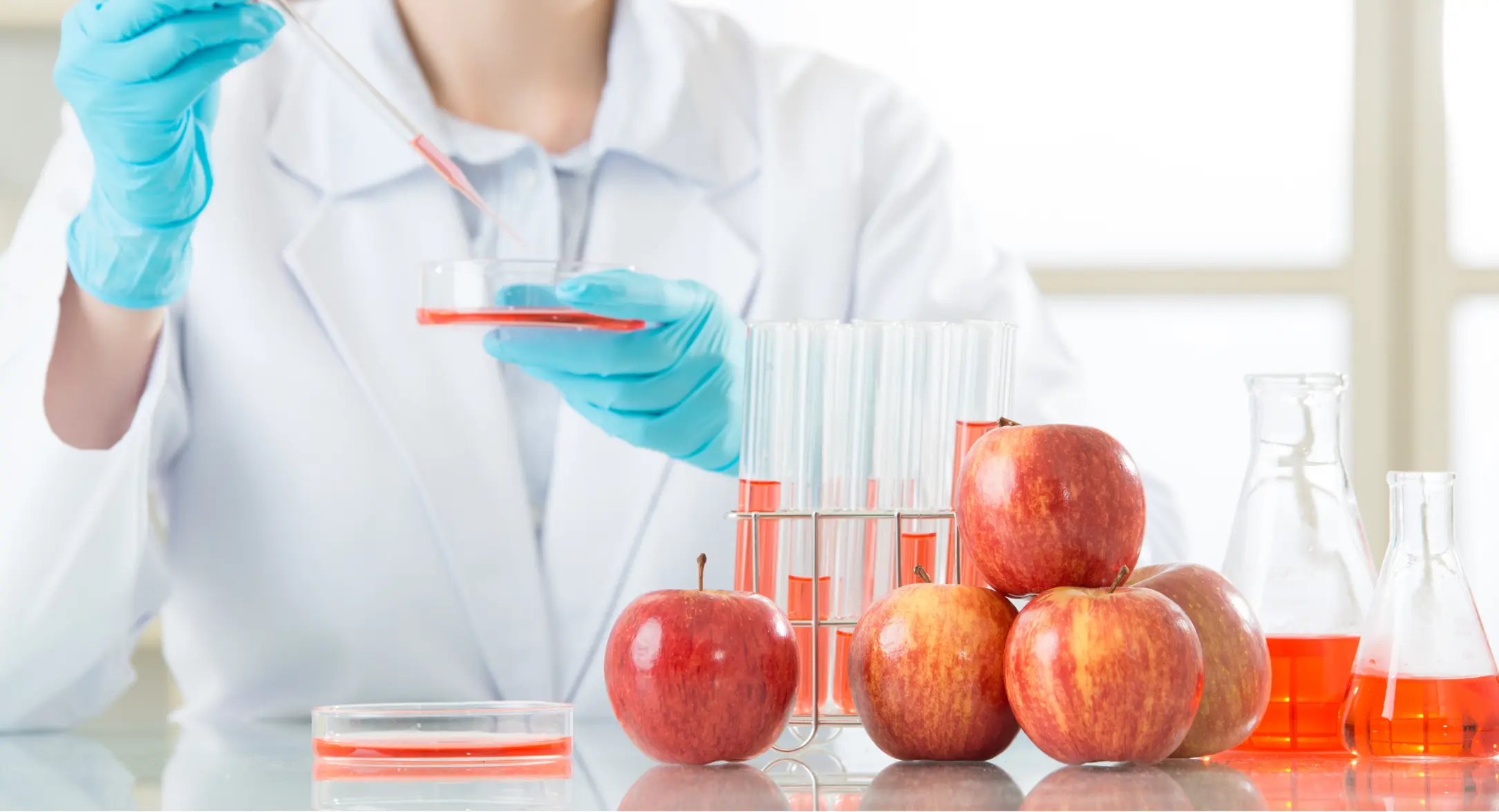Introduction
In today's rapidly evolving food landscape, genetically modified organisms (GMOs) have become a pressing concern. GMOs are organisms whose genetic makeup has been altered through genetic engineering techniques, sparking debates and raising questions about their scope and impact on our food supply. In this blog, we will explore the vital role of GMO testing, focusing on the importance of transparency, consumer choice, and safety in the context of the non-GMO movement. Additionally, we will highlight Merieux NutriSciences' ability to test for GMOs, underlining the significance of their contribution to this critical field.
Understanding the Non-GMO Movement
Genetically modified organisms (GMOs) represent a departure from traditional agricultural practices. These organisms have been genetically altered in ways that do not occur naturally through mating or natural recombination. While GMOs offer certain advantages, such as increased crop yields and resistance to pests, they have raised significant concerns about their potential impact on human health and the environment. This has led to the emergence of the non-GMO movement, which advocates for food products free from genetically engineered ingredients.
The Non-GMO Food Market
The non-GMO food market is experiencing substantial growth, largely fueled by growing consumer awareness of GMOs' potential health and environmental risks. Consumers are increasingly seeking healthier and more sustainable food options, and a rising preference for natural and organic products supports this trend. This trend is evident in the data, with a significant portion of consumers expressing concerns about the environmental impact of GMO agriculture.
Key Takeaways for Food Producers:
- Consumer Demand: The non-GMO food market is expanding due to heightened consumer demand for healthier and more sustainable food choices. As individuals become more discerning about their dietary choices, they actively seek non-GMO products.
- Transparency and Traceability: Consumers advocate for greater transparency in the food industry, including knowing their food's origins and production methods. Non-GMO labeling and certification provide the transparency and traceability consumers desire.
- Environmental Impact: GMO agriculture can profoundly affect ecosystems and biodiversity. For example, GMO crops that resist herbicides may increase herbicide usage, potentially harming non-target species.
Mérieux NutriSciences: A Trusted GMO Testing Partner
In this context, the role of third-party testing and surveillance cannot be overstated. Organizations like Mérieux NutriSciences are at the forefront of GMO testing, providing essential services to ensure that the food companies produce aligns with consumer health and sustainability concerns. By partnering with Mérieux NutriSciences, food producers and manufacturers can verify the absence of GMOs in their products, building trust with consumers who prioritize non-GMO choices.
Conclusion
Non-GMO testing is an indispensable pillar of the food industry, safeguarding consumer choice and environmental protection. The non-GMO movement continues to gain momentum, driven by consumer demand for transparent, traceable, and safe food options. The convergence of market demands for GMO-free products underscores the critical importance of third-party testing and surveillance, exemplified by the expertise of Mérieux NutriSciences chemistry testing services. In a world where food choices abound but clarity is sometimes lacking, non-GMO testing is vital for consumers and the environment, ensuring that our food aligns with their values and concerns.
